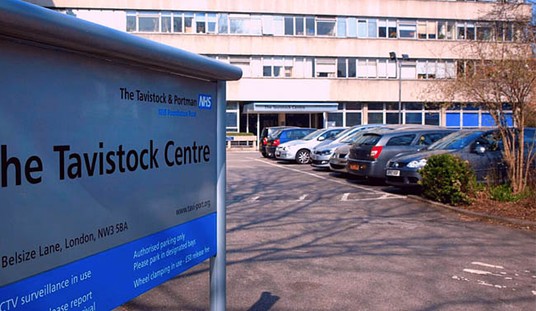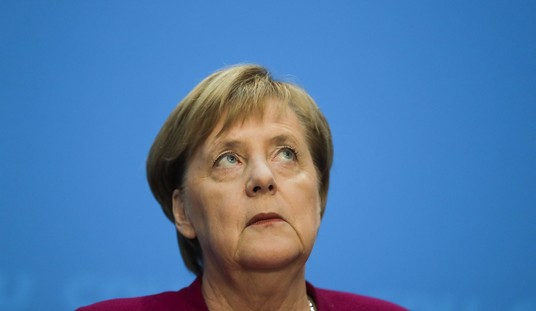No one doubts that Chicago has a significant problem with violence. As of Monday, the city logged its 200th homicide this year, a shooting that followed a dozen other shooting murders over the Independence Day holiday weekend, and dozens of more wounded in other incidents in the same time frame. It’s worth noting, though, that this is the latest the city hit its 200th homicide in the last four years, according to Red Eye Chicago, and that the homicide rate is down 4% over last year, which was the lowest year for Chicago homicides in nearly 50 years.
Still, it’s looking pretty violent on the streets of the Windy City, despite having some of the toughest gun-control laws in the nation. It’s so violent out there that Roland Martin calls for the National Guard to impose something very akin to martial law on the streets of Chicago to save what he calls … “Chiraq”:
A major American city is quickly being lost to guns, gangs, drugs and hopelessness, and political and business leaders are giving lip service to the problem. Yet while our politicians dither, the city’s Southside and Westside residents are living in perpetual fear, afraid to walk the streets.
It’s time for Mayor Rahn Emanuel to put his ego and political ambitions aside. It’s time for him to ask the state police and the National Guard to come into Chicago and assist the police department in regaining control of the city’s streets.
Except that he’s not really limiting their role to simple law-enforcement assistance:
Some critics have said that putting troops on the ground is the wrong signal to send. I disagree. There is no reason the National Guard can’t drop a dragnet over the hot spots in Chicago. They can erect barricades and check points, inspect cars, confiscate guns, run warrant checks and shut down the cartels in the city.
In effect, Chicago needs a troop surge like what we saw in Iraq and Afghanistan. If we wanted to make the lives of residents there safer, why not do the same for Americans?
Perhaps because law enforcement in the US is properly left to civilian authority? And how, precisely, would the National Guard “shut down the cartels in the city”? The implication here is that they would do so through a military occupation that bypassed civil law, even though the National Guard has no idea who these cartels are and no expertise in “shutting them down.” Martin treats the National Guard like a Deus ex machina law-enforcement organization rather than the reserve military and logistical power that it actually is.
The National Guard can get mobilized by governors to address emergency situations, but that’s almost always in the context of providing logistics for relief efforts after natural disasters. In some cases — Hurricane Katrina was one — the National Guard does provide for law enforcement, but that only happens when civilian authority collapses. Civilian authority hasn’t collapsed in Chicago, and as the statistics suggest, it’s far from the worst Chicago has handled without calling for martial law and the suspension of the Fourth Amendment.
Maybe Martin should listen more carefully to “some critics,” who seem to have a better grasp on both the law and reality. And while it’s considered trite to mention this, maybe Chicago should rethink their enthusiasm for gun-control laws that clearly don’t keep firearms out of the hands of criminals, but ensures that most of the potential victims are defenseless. That way, Chicago might not need the National Guard or the Super Friends Justice League to impose martial law, and some criminals might have second thoughts about operating in the Windy City. At the very least, it would be a novel — and constitutional — approach to the chronic problem.







Join the conversation as a VIP Member